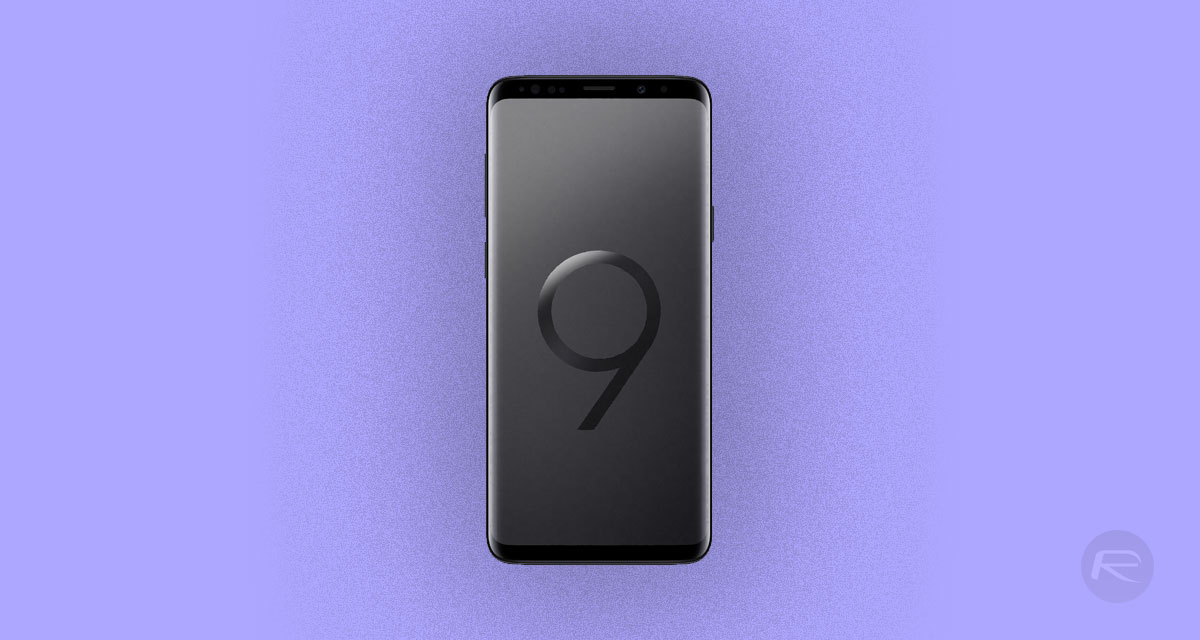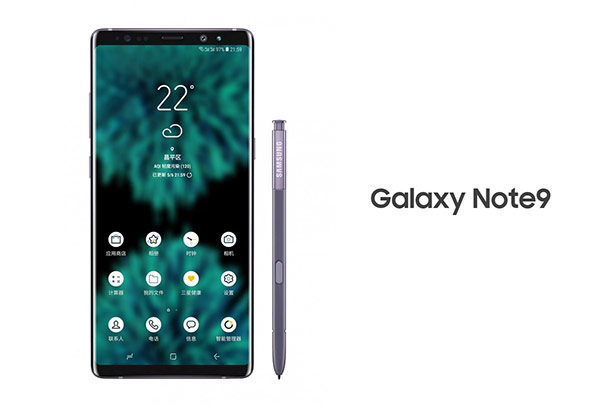Samsung is set to speed up its release schedule for new smartphones during the remainder of 2018 and into 2019 according to a new report by The Korea Herald.
The news outlet claims that local part suppliers for Samsung’s next wave of flagship devices believe that Samsung is planning to announce its next big releases ahead of its planned schedule, and earlier than previous years due to what is believed to be a continued slow sales period for the existing flagship device, the Galaxy S9.

As an example of this truncated timescale, display industry sources say that Samsung Display apparently began mass production of a new 6.38-inch OLED screen for the Galaxy Note 9 in April, two months sooner than it did for the previous Galaxy Note devices.
This may suggest that the Galaxy Note 9 will ship as soon as August, a month sooner than the Galaxy Note 8 shipped in 2017 although past Galaxy Note releases also found a home in August.
According to The Korea Herald’s sources, this all comes down to the Galaxy S9’s poor sales – something that may or not be accurate. Similar reports had Apple’s own flagship iPhone X selling poorly until Apple confirmed that not only was this not the case but that it was also its best selling iPhone since its introduction late last year.
The reasons why Samsung would launch the Note 9 earlier than before are unconfirmed, but industry officials assume the Galaxy S9 series phones are selling much poorer than expected, despite its early release in March.

Samsung’s Galaxy S10 is also expected to now be shown off during the CES event in January of next year, with the following month’s Mobile World Congress set to be the first showing of the first foldable smartphone to come from the Korean company.
(Source: The Korea Herald)
You may also like to check out:
- iOS 11.3.1 Jailbreak Project Moon Demoed On Video
- PUBG Mobile 0.6.3 APK Beta Update Rolls Out Featuring FPS Mode And More In China
- PUBG Mobile 0.5.0 Patch Notes Released In Full For English Global Version
- PUBG Mobile 0.5.0 APK Download, iOS Update Out As Season 2 Begins [English Version]
- iOS 11.4 Beta 6 Release Notes And Changes: What’s New In This Release?
- Download iOS 11.4 Beta 6 IPSW Links And OTA Update [Testers Only]
- Jailbreak iOS 11.3 / 11.3.1 / 11.2.6 On iPhone And iPad [Status Update]
- Download iOS 11.3.1 IPSW Links, OTA Update With Fix For Third-Party Screen Repair Issue
You can follow us on Twitter, add us to your circle on Google+ or like our Facebook page to keep yourself updated on all the latest from Microsoft, Google, Apple and the Web.

